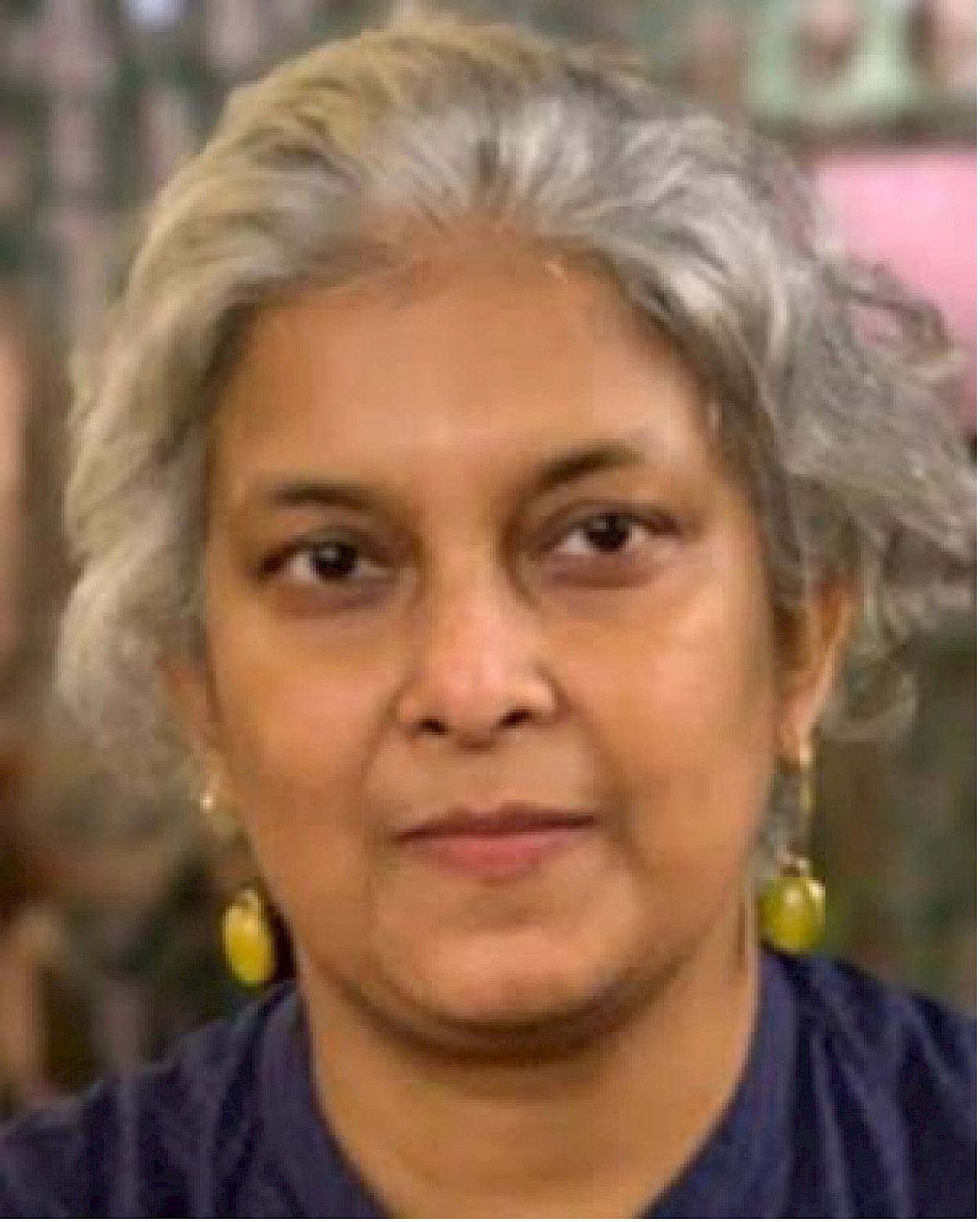Keynote 1 - Linguistic diversity, language policy and language ideology in India
Aditi Ghosh (Calcutta University, India)
India, as we see it today, came into existence on 15th August 1947 after the erstwhile colony of the British Empire was divided on religious lines. The policymakers at that time inherited a young nation with a high level of illiterate citizens (more than 80% according to the first census conducted in Independent India in 1951), with rich sociocultural diversity (including 1652 ‘mother tongues’ according to 1961 census), affected by disastrous communal violence. In the 77 years since then, the country has witnessed changes in the population demographics as well as shifts in major political ideologies. The language policies have also gone through many transitions in this time.
The aim of this paper is to study how the linguistic and political ideologies, contemporary socio-cultural context of the country and in the world impacted the language policies, particularly those pertaining to language-in-education, of the country at different times. To achieve this, the paper analyses the various policy papers and education commission reports.
In very broad terms, three major stages of ideological development can be identified in the history of language policies in India.
- Nationalism with Hindi
- Global capitalism – with shift of focus to English
- Unification via Sanskrit
These three stages are, of course, simplified representations of stages of the history of language policy in India, with many nuances and diverse consequences.

